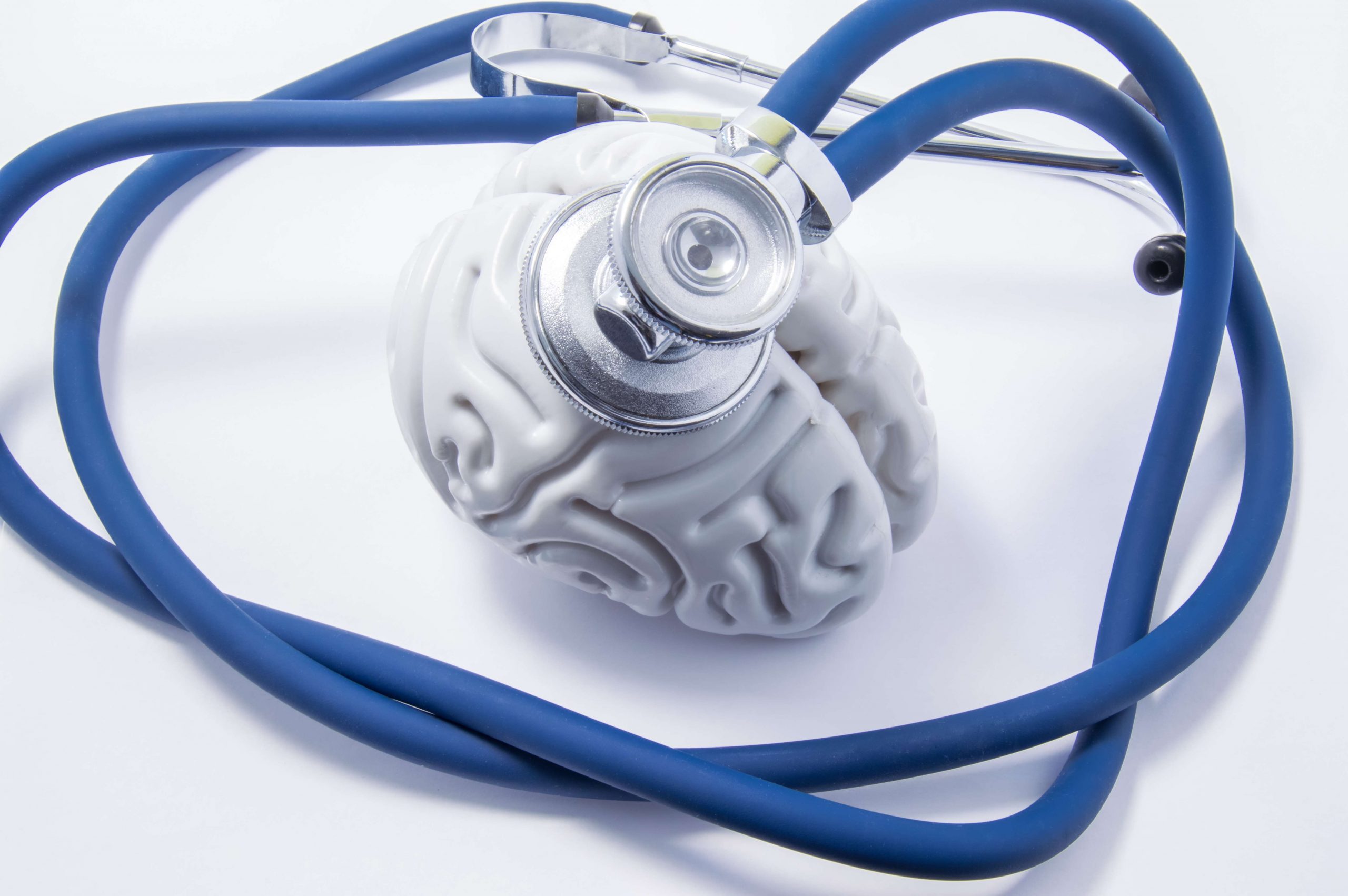Content
If you are going to bed at different hours every night, your body will struggle to regulate its circadian rhythm. It makes this transition easier and faster so that you can hopefully decrease the severity of alcohol withdrawal insomnia or other sleep disturbances in alcohol recovery. Ive had a rough couple of years and in particular the past 2. This past year I moved back to my country from another one and im all alone and starting over at 40. I think all this led me to drink more amd more until 2 months ago when i really started boozing hard.
Is insomnia a physical or mental illness?
Insomnia is caused by difficulty falling asleep, difficulty staying asleep or waking up too early in the morning. Insomnia is rarely an isolated medical or mental illness but rather a symptom of another illness to be investigated by a person and their medical doctors.
In cases of excessive, long-term alcohol use, more severe symptoms such as confusion, and convulsions may occur. Delirium tremens is the most severe form of alcohol withdrawal and occur in a small percentage of individuals. Get a himalayan salt lamp.I’m a very visual person, and I would have trouble sleeping in a room if it was lit up until bed time with hospital-style ceiling lighting. Once nightfall hits, I turn on my himalayan salt lamp and read next to a bedside lamp with soft light. It’s a less sooty alternative to the kind of light provided by candles.
R.D.-Recommended Habits for Better Sleep
Normal is good but be prepared for a flood of emotions which I think also effects your sleep, I have began writing a journal to deal with some of my unresolved issues. I hope some of these ideas help everyone through recovery and to restful nights. Furthermore, drinking alcohol before bed boosts the risk of parasomniac behaviors like sleepwalking or sleeping-eating. It can also trigger sleep-disordered respiration (i.e. snoring), and can increase the likelihood of getting up late at night to use the restroom. In short, even if you feel dependent on alcohol for sleep, all it’s really doing is robbing you of healthy, long-term rest.
As the night progresses, this can create an imbalance between slow-wave sleep and REM sleep, resulting in less of the latter and more of the former. This decreases overall sleep quality, which can result in shorter sleep duration and more sleep disruptions. This common and troubling symptom is often enough to can’t sleep without alcohol lead people to relapse during this first stage of recovery, but it can be treated with the help of medical detox professionals. Between 25 and 72 percent of people in treatment for an alcohol use disorder complain of sleep problems, according to the Substance Abuse and Mental Health Services Administration .
Understanding and Managing Sleep Problems Associated with Alcohol Misuse
Currie notes that recovery and abstinence are more challenging if you aren’t able to get enough good-quality sleep. If you can’t sleep without alcohol, then you should first figure out why. Are you having problems falling asleep or staying asleep? Maybe stress during the day means you need a cocktail to relax. Whatever the reason, identifying the cause will help you put an end the problem. While alcohol can make you feel you drowsy initially, the quality that drunken slumber provides is not very productive.

When using alcohol, the longer you go without it before going to bed, the better your sleep will be. One study on the topic recommends abstaining from alcohol six or more hours11before going to sleep for the best results. Exercising or being active before bed can help you sleep3by making you more tired. Exercise can also boost endorphins, the chemicals in your brain that enhance mood and your ability to relax.

